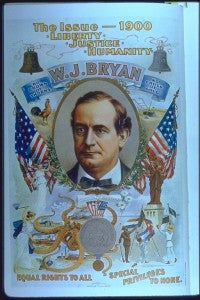Women and Work series, part 2
Continuing the discussion of women and work, today we take a look at women in factories. As soon as the first mill or factory opened its doors, women found themselves a part of this revolutionary new approach to production. The growing need for a two (or three or four) income household as the nineteenth century unfolded meant that women joined the labor force in droves. By 1900, 5.7 million women participated in the wage earning system in non-agricultural jobs. On average, their pay was one third of their male counterpart’s.
An excellent place to begin a discussion of female factory work is with the Lowell Mills. Named after Francis Cabot Lowell, a leader in the sponsoring merchant group, these mills were one of the first successful large scale efforts toward American made textiles. One of the draws to mill work was the potential for independence from their fathers and brothers.
By the turn of the twentieth century, factories became crowed, unhealthy, and dangerous places to work. The cartoon below is a commentary on the Triangle Shirtwaist Factory fire in 1911 that killed 146 women, many of them leaping to their deaths from ninth floor windows. Owners of the factory locked workers in the building to ensure productivity, but after a fire broke out in the highly flammable workshop, the workers were unable to escape. This incident sparked fervent protest and increased calls for legislation to protect workers.
Check out these great resources for more on the working conditions of wage workers:







